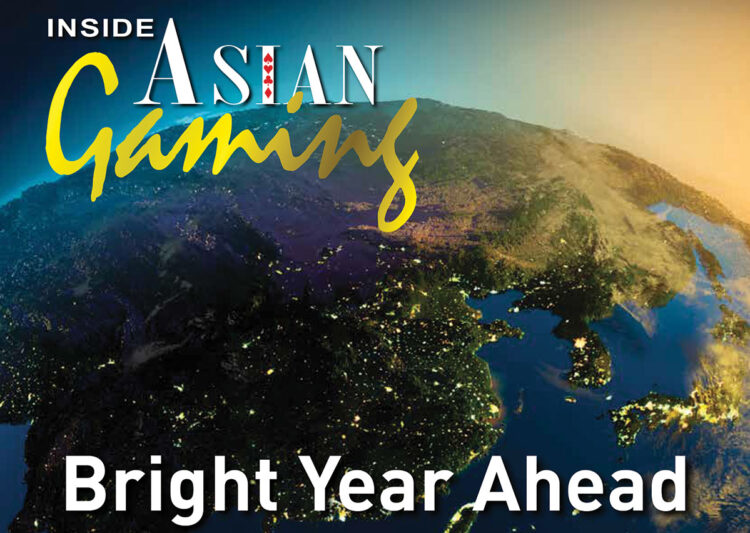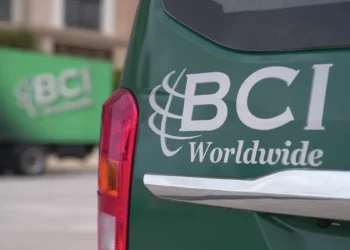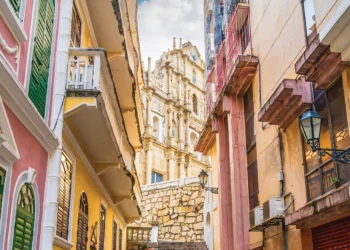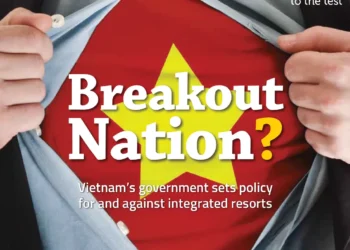In this regular feature in IAG to celebrate 18 years covering the Asian gaming and leisure industry, we look back at our cover story from exactly 10 years ago, “Bright Year Ahead”, to rediscover what was making the news in February 2014!
 The Asian gaming industry is an unstoppable beast, forever evolving and continuing to expand into new and exciting markets. We say this as we head into 2024 with all manner of sizeable new projects on the horizon, from the impending launch of Solaire Resort North in the Philippines to the birth of MGM’s Osaka IR development, the UAE opportunity and the incredible non-gaming spend about to, once again, transform Macau.
The Asian gaming industry is an unstoppable beast, forever evolving and continuing to expand into new and exciting markets. We say this as we head into 2024 with all manner of sizeable new projects on the horizon, from the impending launch of Solaire Resort North in the Philippines to the birth of MGM’s Osaka IR development, the UAE opportunity and the incredible non-gaming spend about to, once again, transform Macau.
And we say this because, when we rewind the clock by a decade, the narrative was very much the same: growth, expansion, opportunity.
In the cover story of our February 2014 issue, IAG took an in-depth look at key Asian jurisdictions by examining what new developments – both physically and politically – were in the works. These jurisdictions covered everywhere from the Philippines, Singapore, Malaysia, South Korea, Cambodia and Vietnam to the emerging markets of Laos, Myanmar, Japan, Sri Lanka and Taiwan. It certainly makes for some interesting reading in hindsight, and while we don’t have the space to look back at all in-depth, let’s revisit some of our more interesting observations from the time, given what we know today.
JAPAN
“Japan is the story of 2014,” IAG wrote at the time, anticipating rapid passage of long-awaited legislation to legalize casino gaming. Turns out we may have been a little premature, even if such legislation finally passed by way of the IR Promotion Bill in late 2016 and the IR Implementation Bill in 2018.
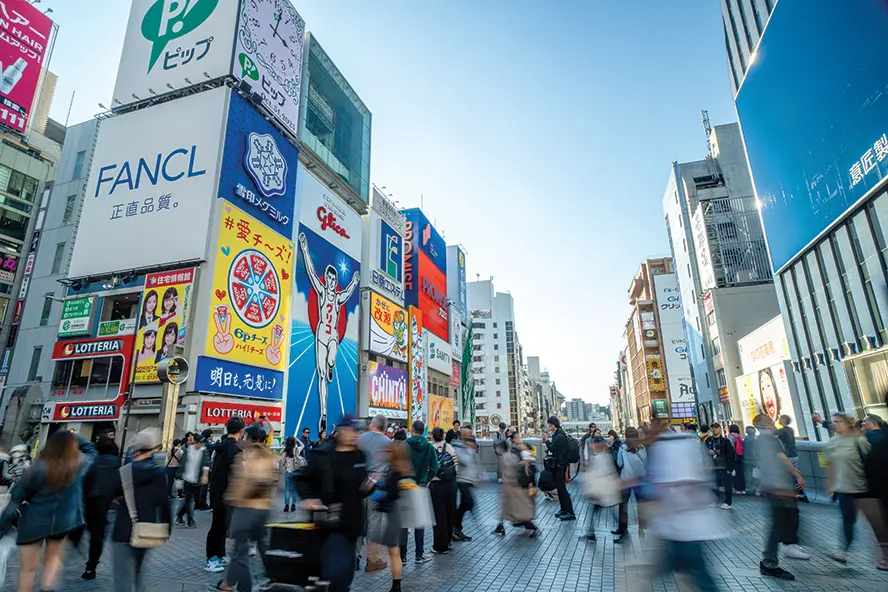
And while US casino giant MGM Resorts will develop Japan’s first and only integrated resort with casino gaming in Osaka, having received official government approval last year, the reality doesn’t quite match up with the original vision.
In 2014, it was envisioned that two large-scale integrated resorts would be licensed in Osaka and Tokyo, with the possibility of two more in regional areas. In the case of Osaka, officials knew exactly what they wanted early on, with IAG noting, “The governor of Osaka Prefecture, Ichiro Matsui … has identified a reclaimed island called Yumeshima in Osaka Bay as ideal for a gaming complex.”
We also observed that gaming companies from across the globe would likely throw their hat into the ring, possibly as partners with local gaming firms. This was confirmed in the ensuing years with well over 20 companies making their eagerness known and around a dozen Japanese cities and prefectures expressing at least some level of interest.
Yet, as we now know, the complicated and expensive process Japan ultimately settled on for IR candidates forced the majority of international operators to withdraw, while only two locations – Osaka and Nagasaki – ultimately submitted an application. Tokyo, once seen as Japan’s top prize, never even entered the race, and with Nagasaki’s application now rejected it seems MGM and Osaka, once their IR opens around 2030, will hold a monopoly over Japan’s casino industry for many years to come.
PHILIPPINES
Whether anyone truly saw the Philippines emerging as a clear No.2 behind only Macau on the Asian gaming scene is open for debate, but certainly opportunity awaited back in 2014 as the nation’s integrated resort industry began to take flight.
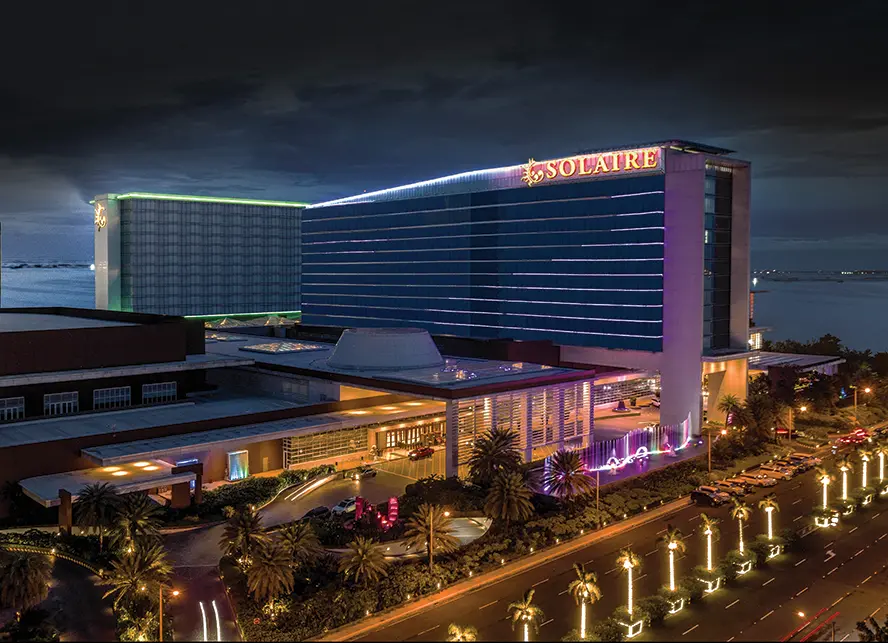
In fact, as we wrote at the time, the Philippines was positioning itself with a view to one day becoming a destination to rival Singapore – a goal it accomplished in 2023 when its gaming revenues reached US$5 billion (tipped to reach US$6 billion in 2024).
However, there were a decade ago still more questions than answers around the nation’s ability to become a true regional powerhouse, even with the 2013 opening of Entertainment City’s first integrated resort, Solaire. That opening was anything but smooth, complicated by a high-profile spat between Solaire owner Bloomberry Resorts Corp and the property’s former operator, Global Gaming Asset Management. While that case lingers to this day – Bloomberry accused GGAM of failing to deliver high rollers as promised and was subsequently sued for wrongful termination of agreement – the dispute did see former Marina Bay Sands executive Tom Arasi brought in to fix perceived problems, and Arasi remains a central figure in the property’s success 10 years on.
There were also serious questions in 2014 around the development of another Entertainment City resort, Okada Manila, with entities accused of selling stakes to dummy companies in order to circumvent the Philippines government’s 40% local ownership requirement. Okada Manila would open its doors in December 2016 but has only recently been able to focus on growth following a series of disputes with ousted founder Kazuo Okada.
Still, if there was any doubt about just how far the Philippines gaming industry has come – much of it on the back of Entertainment City’s four successful IRs (also including Newport World Resorts and City of Dreams Manila) – we only need to look back at those early days, with IAG reporting industry-wide GGR of US$834 million in 2013. Gaming revenues have soared almost six times higher in the decade since.
SOUTH KOREA
South Korea’s foreigner-only casino industry has been through the ringer in recent years, first hit hard by a diplomatic row with China that saw Beijing order in March 2017 a ban on travel agencies selling tour packages to Korea, then by the COVID-19 pandemic through which international borders were sealed shut.
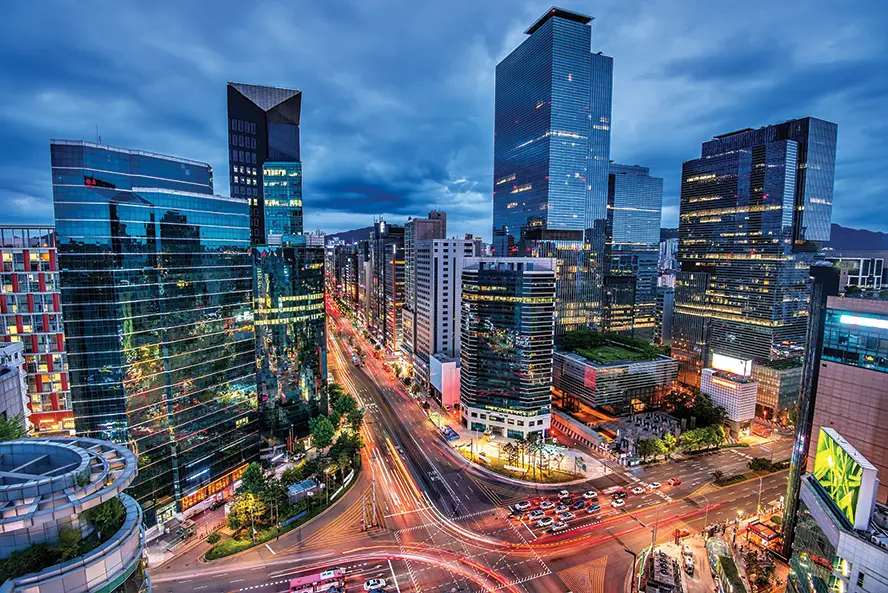 But, with the ban lifted and borders open again, is South Korea starting to realize a tourism plan first envisioned over a decade ago?
But, with the ban lifted and borders open again, is South Korea starting to realize a tourism plan first envisioned over a decade ago?
As IAG wrote in 2014, the Korean government “announced a plan in July 2013 to invest a total of US$72 billion in the development of eight ‘Free Economic Zones’ by 2022, with a long-term goal of attracting as much as US$20 billion in FDI. Destination-scale casinos are viewed as an important plank, and to attract both foreign and domestic developers,
the government is prepared to provide a friendly tax and regulatory environment sweetened with other incentives.”
We also noted that “one of those eight zones – Yeongjongdo near Incheon – has been set aside for casino development … Official plans call for the licensing of up to five resort-scale casinos over the next decade or so, though to date the government has approved only one: a joint venture between Paradise Group, one of the two operators that dominate the country’s foreigners-only market, and Japanese pachinko giant Sega Sammy Holdings.”
That joint venture development, Paradise City, opened its doors in April 2017, and although it has taken a while a second nearby IR, Mohegan Inspire, finally held its soft opening in December 2023.
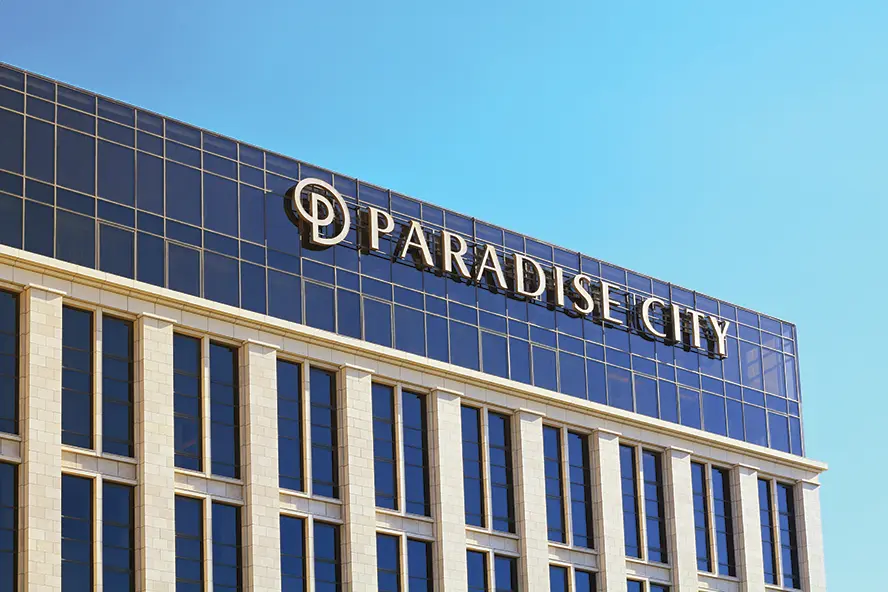
A third property, previously co-owned by Caesars Entertainment, remains in limbo with current owner R&F Korea still seeking funding on the back of multiple extensions to the permitted completion deadline. Time will tell whether that becomes a reality.
Meanwhile, leading foreigner-only casino operators Paradise Co and Grand Korea Leisure turned profitable again in 2023 – largely on the return of Japanese VIPs – suggesting there is still some upside to come for the nation’s 17 foreigner-only properties.






